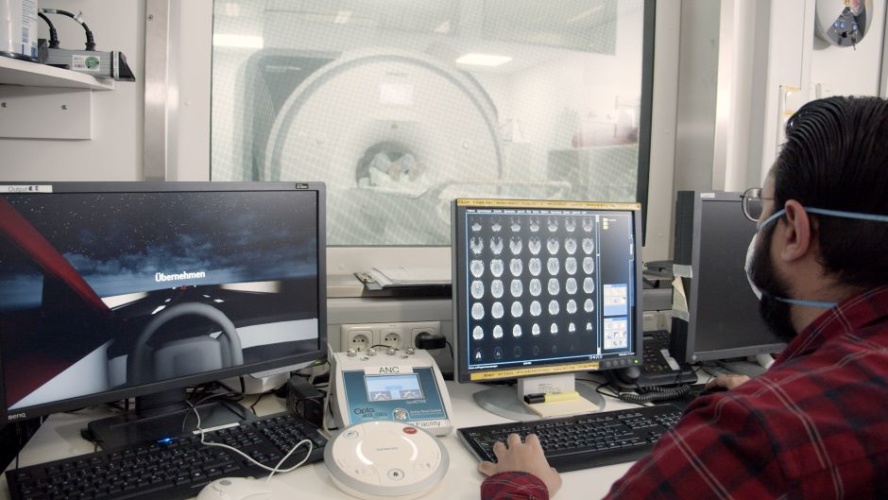According to ROSPA, driver fatigue may be a contributory factor in up to a fifth of road accidents, and up to one quarter of fatal and serious accidents. Research has found that in Europe, 40 per cent of drivers do not follow the recommended practice of taking a break every two hours on long journeys.
“The brain processes huge amounts of information when we are driving, but that may change as driver assistance technologies do some of the driving for us. Drivers also get tired, and their minds can wander. Identifying more quickly when this happens could be of critical importance,” said Stefan Wolter, research engineer, Research and Advanced Engineering, Ford of Europe.
Ford is hoping that by identifying the brain responses that reveal lapses in concentration, it may then be possible to match the scans to their physical signs, which can include changes in heart rate or breathing. If a loss in concentration became apparent – such as if a change in heartbeat variability was detected via wearable technology - the vehicle could alert the driver.

Uniklinik RWTH Aachen in Germany is working with Ford on mapping brain patterns to driver’s reactions. The testing involves participants completing a driving simulation while their brain activity is scanned by an MRI machine. A specially positioned mirror enables the participants to see the simulation on the screen.
According to Ford, the scenario involves a three-lane motorway at night where a vehicle in the middle lane brakes suddenly and the participant has to take over and move the car to the left or right using a handheld device. The participants are also prompted by engine sounds to indicate which lane it is safe to move to.
The MRI machine scans the brain before and during these actions, while the researchers measure how quickly the participant reacts and if they make the right decision, and monitor changes to heart rate, breathing rate and other physiological measures.
“We believe that by capturing this data we could one day be able to generate unique physiological driver fingerprints so that drivers of the vehicles of the future can be prepared to react and to intervene immediately in case it is required,” said Professor Klaus Mathiak M.D. Ph.D., head of Psychoneurobiology and lead consultant for Psychosomatic Medicine, Uniklinik RWTH Aachen.




Swiss geoengineering start-up targets methane removal
No mention whatsoever about the effect of increased methane levels/iron chloride in the ocean on the pH and chemical properties of the ocean - are we...